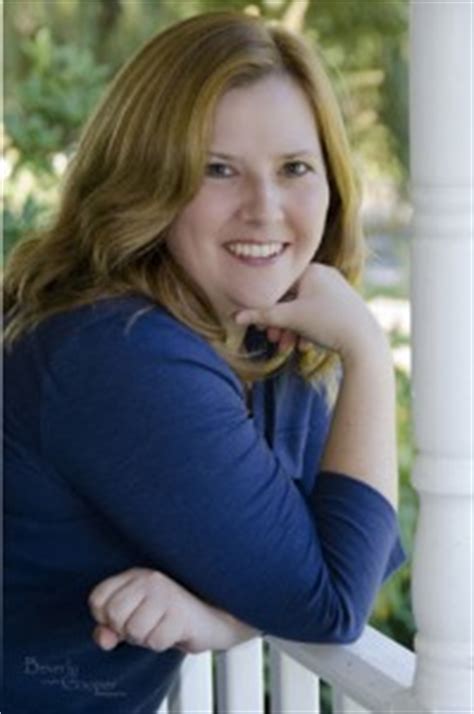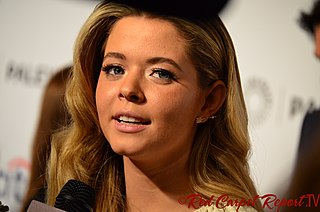A Quote by A. O. Scott
The movie, like the book before it, is an expertly built machine for the mass production of tears. Directed by Josh Boone 'Stuck in Love', with scrupulous respect for John Green's best-selling young-adult novel, the film sets out to make you weep - not just sniffle or choke up a little, but sob until your nose runs and your face turns blotchy. It succeeds.
Related Quotes
I don't make movies. I don't feel that I have to have artistic control. Part of this comes from the fact that the book lives on no matter what Hollywood does to your novel in terms of a film. Now, you try to be careful who you allow to do your film because nobody wants their novel to become a turkey movie. But, on the other hand, it is a crapshot anyway, because even the best people can make a bad film.
You really have so little choice - so little to decide. You get put through the machine and it chops you up and spits you out. Your life, it's all mechanical, of the machine, until you have free will. You can't be accepted into the Work until you have matured -- freed yourself and take responsibility for your life, become accountable for your every action. It's not just from coming to a school. It's an active process - you have to take the responsibility for yourself. When you're trapped in the machine, it doesn't matter what you do.
If I can give a young author any advice, whatsoever, never let anyone announce the film sale of your first novel. Film rights are sold to almost every novel, but it shouldn't be the lead story in your first engagement with the press. Then you end up getting reviews like "a novel made for the screen" and things like that.
This is about all the bad days in the world. I used to have some little bad days, and I kept them in a little box. And one day, I threw them out into the yard. "Oh, it's just a couple little innocent bad days." Well, we had a big rain. I don't know what it was growing in but I think we used to put eggshells out there and coffee grounds, too. Don't plant your bad days. They grow into weeks. The weeks grow into months. Before you know it you got yourself a bad year. Take it from me. Choke those little bad days. Choke 'em down to nothin'. They're your days. Choke 'em!
Being on a film set is like being in tech forever. In theater, when you finally finish rehearsing, you go onstage and you do the lights and the sets and you make the machine of the production work. It takes usually about ten days in the theater, two or three weeks if it's a really big musical. I mean, it's hell on earth. You just sit around forever while they adjust the lights. And every playwright with half a brain runs for the hills when tech starts because it's so boring, and you don't want to talk to the director because the director is running this giant machine.
After all, this is how you learned how to walk. You didn't just jump up from your crib one day and waltz gracefully across the room. You stumbled and fell on your face and got up and tried again. At what age are you suddenly expected to know everything and never make any more mistakes? If you can love and respect yourself in failure, worlds of adventure and new experiences will open up before you, and your fears will vanish.
Writing a film - more precisely, adapting a book into a film - is basically a relentless series of compromises. The skill, the "art," is to make those compromises both artistically valid and essentially your own. . . . It has been said before but is worth reiterating: writing a novel is like swimming in the sea; writing a film is like swimming in the bath.

































